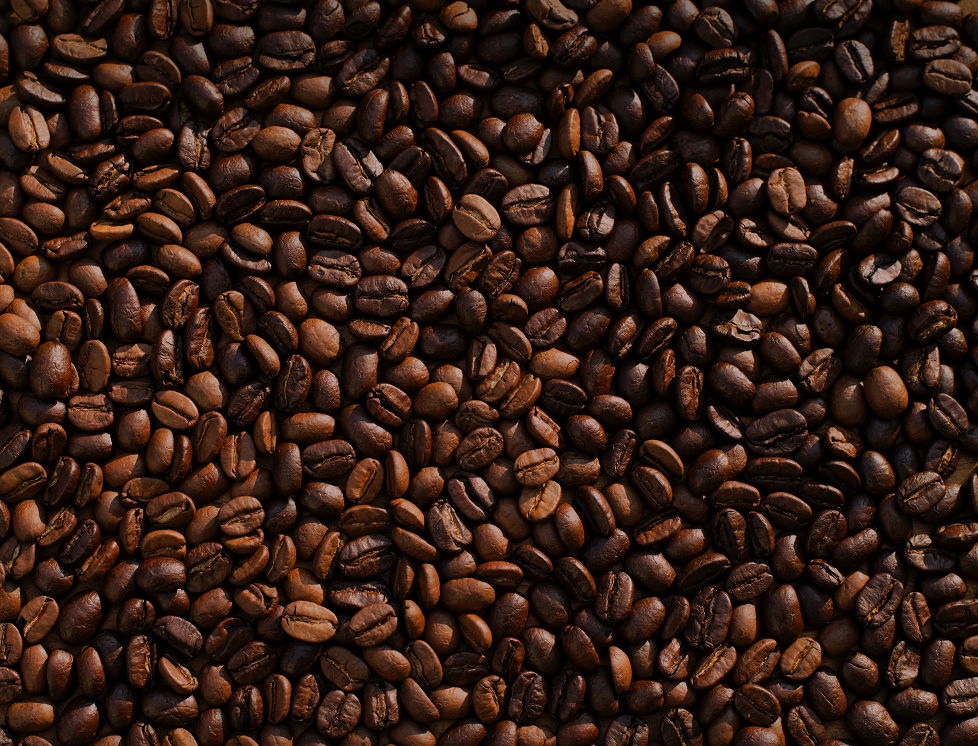
We have written recently about an antitrust case in Serbia where the Serbian competition authority uncovered collusion between two largest coffee producers in Serbia, Atlantic Group and Strauss Adriatic. And that case has an interesting follow-up: in parallel with colluding on prices, the two competitors were also discussing a combination whereby Atlantic would take over Strauss. This post is about that merger control aspect of the story, which ended in the transaction being conditionally cleared by the Serbian competition authority.
Who were the parties to the transaction?
The parties to the concentration examined by the Serbian competition authority were Atlantic Group and Strauss Adriatic, two leading producers of ground coffee in Serbia. As prescribed by the Serbian merger control regulations, the transaction was notified to the Serbian competition authority by Atlantic Group, as the proposed acquirer.
In what procedure did the Serbian competition authority examine the transaction?
Upon notification by the applicant, the Serbian competition authority initially examined the transaction in a Phase I procedure. However, upon a preliminary assessment of the markets concerned, the authority opened a Phase II probe into the proposed combination.
As described in the decision, the authority did so since it was concerned about the effects the transaction would have on market concentration (measured by the HHI index) and market structure when it comes to the production and supply of ground coffee in Serbia.
What relevant markets did the Serbian competition authority define in this case?
In its merger notification, the applicant proposed that the Serbian competition authority define a single product market, which would encompass the production and supply of all types pf coffee. The authority did not agree with such approach and instead defined several product markets, based on different types coffee:
- the market for the production and supply of (traditional) ground coffee;
- the market for the production and supply of espresso coffee;
- the market for the production and supply of instant coffee, including mixes;
- the market for the production and supply of filter coffee;
- the market for the production and supply of coffee in capsules.
How did the authority assess competition on these markets?
The Serbian competition authority did not see a problem on four out of the five relevant markets – concerning espresso coffee, instant coffee, filter coffee, and coffee in capsules, respectively. On all these markets the market shares of the parties to the concentration were fairly modest, with their combined share not exceeding 20% on any of the markets.
On the fifth market, however, concerning the production and supply of ground coffee, the Serbian competition authority established competition concerns. On that market, Atlantic and Strauss are two leading players, with their combined market share of around 80%.
What factors did the Serbian competition authority take into account when analyzing the ground coffee market?
In its competitive assessment of the market for the production and supply of ground coffee in Serbia, the Serbian competition authority in particular analyzed the following:
- the production capacities of the undertakings active on the relevant market;
- the trends of supply and demand on the relevant market;
- the structure of the relevant market;
- the assessments and opinions of third parties, to whom the authority turned during the Phase II.
What was the authority conclusion on competition on the relevant market?
Upon examining the described factors concerning the proposed combination, the Serbian competition authority concluded that the combination is problematic from the aspect of competition and that it could not be cleared without strings attached. It communicated so to the applicant by way of a statement of objections – and in response to that document the applicant offered to the authority certain structural and behavioral measures it was ready to accept to obtain the watchdog’s clearance.
Under what conditions did the Serbian competition authority approve the merger?
The conditions proposed by the applicant, and accepted by the Serbian competition authority, can be divided into two groups – the structural measure and the behavioral measures.
The structural measure consists in the applicant’s obligation to divest a coffee producing plant of the combined entity, including the factory and machines necessary for the production. As for the behavioral measures, they consist in various reporting obligations by the applicant, including information about its sales policies and utilization of its production capacities. Another notable behavioral measure is that the applicant, within a period of five years, does not enter into new agreements for the production of private label coffees.
Key takeaways
|
***
For more information about merger control in Serbia, please contact Dr. Dragan Gajin, Head of Competition at Doklestic Repic & Gajin.